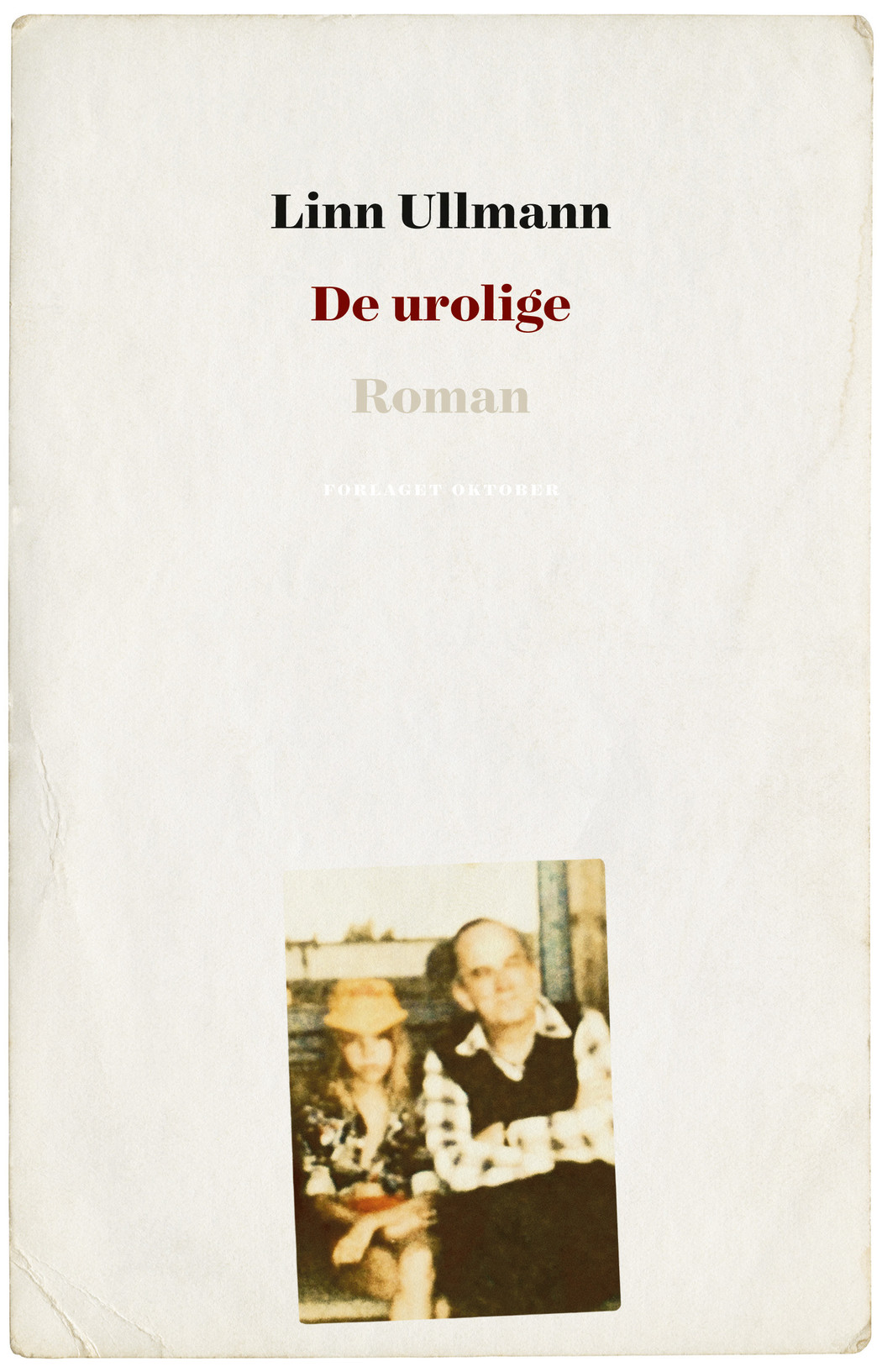Unquiet
De urolige
The idea was to register the consequence of old age, because aging, he said, is hard work. He had retired from filmmaking, and had withdrawn to his beloved house at Hammars, surrounded by pine trees, lime-stone cliffs, and the Baltic Sea.
He was her father and had rules for everything, especially for how they would spend time together. The book, when they talked about it, was named ‘the project,’ ‘the register,’ ‘the work,’ or simply ‘the book’. It would be the two of them and a tape recorder. They would meet at exactly the same hour every morning. It would be manageable and controlled—no improvisations. She’d ask the questions, he’d answer. Planning the book and then changing the plans had its own charm.
Born out of wedlock and unnamed until she was two, she lived in a world of changing lights, images, faces, landscapes, and place-names. Her father was a director, her mother a beautiful actress, she was a skinny kid with big teeth and a knack for drawing maps and keepings lists, and who grew up to be a writer.
The Register of Disquiet is Linn Ullmann’s most inventive novel yet, a solemn genre-bending meditation on growing up and growing old, on family, identity, biography, love, and art. It is a luminous take on forgetfulness, language, and grief — and about the many stories that make up a life.

‘… a lyrical tapestry of memories. Linn Ullmann’s book is, despite the pain, both a declaration of love and a literary masterpiece.’
Expressen (Sweden)
‘Mature and sharp, both in its observations and as literature … This is absolutely her best book.’
Sveriges Radio (Sweden)
‘One of Norway’s leading authors writes wonderfully, almost magically, about her famous parents and her own upbringing.’
VG - Best Books of the Year 2015
